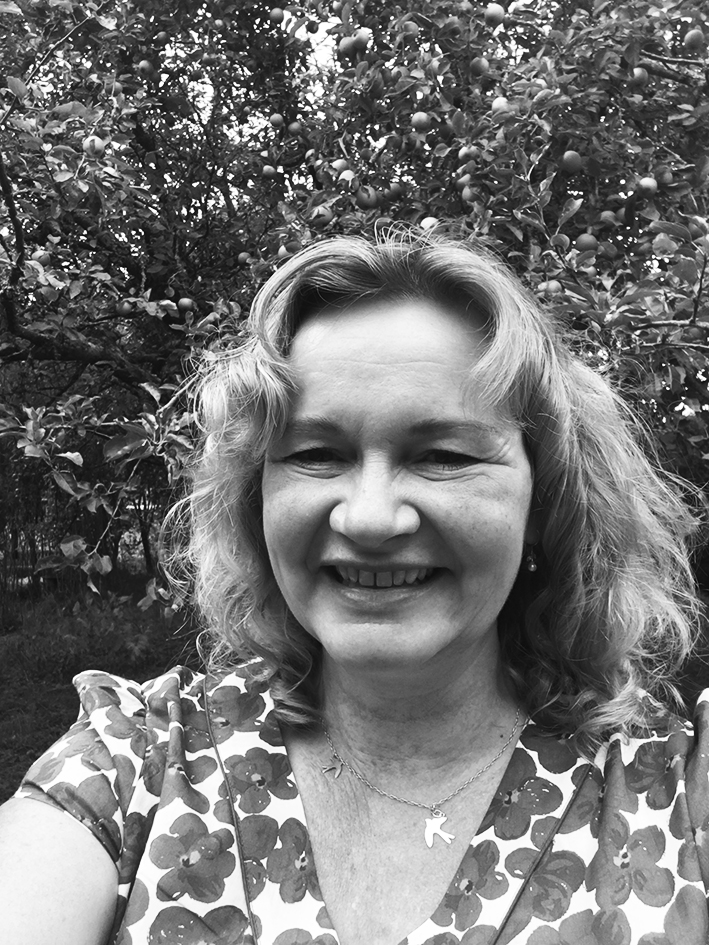A new movement for the ancient right to roam across parts of the English countryside is gaining momentum and support – just as the very idea of it is reviving old fears and division.
This summer, my husband led 16 Scouts along a busy, unpavemented road between woods, when a safe field margin, routinely denied to them, was just the other side of the hedge. And a family walk beside a chalk stream turned into a single-file trudge between high fences. We glimpsed the river twice only when we crossed it – and even then, barbed wire dangled a ‘Private’ sign across the clear water. Swathes of open access downland nearby is fenced with the lie ‘No Access’. On a nearby estate, footpath signs are lined with others that shout ‘NO PICNICS, NO STOPPING’.
Fuelled by lockdowns, the health, cost-of-living and energy crises, and the dual climate and nature crisis, there is growing awareness of just how unequal, and important, access to nature is. With just 8% of England and 3% of our rivers ‘accessible’, many are squeezed out of the too-distant countryside, or into ‘honeypot’ spots, or along often-restrictive footpaths.
And it’s not just the inequality of access but the state we’re in: one of the most nature-depleted countries in the world, with a perceived divide between town and country, where most children grow up without nature in their lives or know where their food comes from. How can you care about something if you can’t experience it, or know what it is?
A recent, peaceful trespass by Right to Roam founders Guy Shrubsole and Nick Hayes, with Nadia Shaikh (land justice activist), Amy-Jane Beer (scientist and author) and others, revelled in music, dance and costume. The group tripped merrily across the 5,665-hectare estate of Lord Richard Benyon, ‘access to nature’ minister and former MP for the West Berkshire constituency I live in. He had seemed keen on expanding access to “green and blue spaces” through a Government review designed to instigate a “quantum shift in the public’s relationship with nature”. But the review was shelved without explanation.
There are genuine fears around greater access to the countryside: littering, lighting fires irresponsibly, worrying livestock, damaging crops and disturbing wildlife, although laws exist for these. Dogs in rivers are a concern, disturbing water voles and introducing highly toxic insecticides into the water via routinely applied flea and tick treatments.
Access campaigners agree there is a “lack of education about the responsibilities we owe the land”, but that is a symptom of being shut out and separated from nature, uninvested and ignorant of farming practices and food production. The campaign seeks sensible access similar to that Scotland enjoys, with care and regard to the ecology and community of a place, not a right to roam everywhere, and certainly not through farmland or sensitive nature areas.
A lived experience of nature engenders knowledge, love and protection, and could prove the solution to many of our ills, including social cohesion. Active custodians of the countryside are allies to those living and working there. It’s going to take as many of us as possible to heal our broken relationship with nature, or there’ll be no saving any of it, in the end. Access might just be the key.

